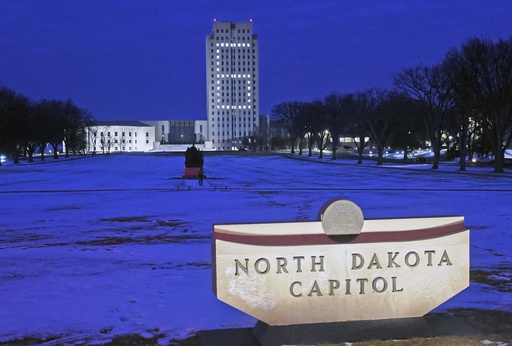North Dakota voters will face a crucial decision in the upcoming fall election regarding the potential elimination of property taxes, a move that would be unprecedented for a state and could necessitate over $1 billion in replacement revenue annually. Backers of the constitutional initiative submitted enough signatures for the proposal to be included on the November ballot, after a similar measure was rejected by voters in 2012.
The elimination of property taxes would significantly impact local government services such as sewers, water, roads, jails, schools, and teacher salaries, which rely on these taxes for funding, according to Aaron Birst, Executive Director of the North Dakota Association of Counties.
Rising property taxes, largely driven by increasing home values, have caused frustration nationwide, prompting discussions in other states like Nebraska and Kansas on ways to alleviate the burden of property taxes. North Dakota’s proposed measure comes at a time when the state is enjoying a period of strong financial stability, thanks to robust oil and sales taxes.
The leader of the initiative, former Republican state Rep. Rick Becker, aims to provide relief from property taxes, highlighting a lack of understanding among people about the property valuation and taxation process. If approved, the state would need to generate over $1.3 billion annually starting in 2025 to make up for the lost revenue from property taxes.
Becker suggests that local governments would still be responsible for generating additional revenue beyond the amount provided by the state, like implementing a municipal operations fee. However, determining the source of replacement revenue would be the Legislature’s responsibility, with Becker proposing using a portion of the state’s oil tax savings.
The potential impact of the measure on the state’s budget is significant, requiring a complete reevaluation of funding for various programs and areas. Republican state Rep. Don Vigesaa, head of the House Appropriations Committee, acknowledged the daunting task that lies ahead for lawmakers, irrespective of the election outcome.
In the past year, the Republican-controlled Legislature passed tax cuts and property tax credits worth an estimated $515 million, signaling a continued focus on addressing tax-related issues in the state.


